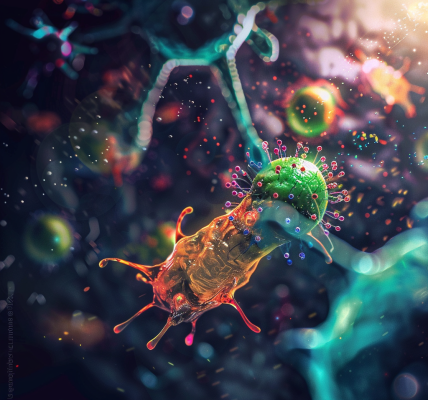Most people know that liver health is important but don’t know how to go about boosting it. However, understanding the liver’s key role in the body—what it does, what keeps it functioning well, and how it impacts our wider well-being—can help us lead healthier, happier lives, so we probably should know how to boost our liver health. Here’s what experts have to say.
What role does the liver play in the body?
“The liver is the body’s largest solid organ and has over 500 vital functions,” explains nutritionist Lucy Miller. “Its main role is to support metabolism, detoxification, and immune functions. The liver processes the food that we eat and converts it into energy—it also breaks certain substances down and makes toxins less harmful to the body, removing them from the bloodstream.” Hepatocytes, the cells within the liver, sort out which nutrients to process and which should be stored, eliminated, or returned to the blood.
It also plays a key role in our hormone health, processing all of the hormones circulating around our bodies. “Once the body has used a hormone, the liver then processes it out of the body,” says Natasha Richardson, medical herbalist and founder of Forage Botanicals. “Most of us don’t realize the key role it plays in our menstrual cycles.”
In traditional Chinese medicine (TCM), the liver is responsible for directing the flow of chi (energy) in our body; plus, it directs blood circulation, says acupuncturist Renata Nunes.
What is key to remember is that the liver acts as the body’s natural detoxifier.
What are the symptoms of an unhealthy liver?
Unsurprisingly, our livers now encounter more toxins than ever before. “We are surrounded by far more chemicals in daily life, which have made their way into our air, water, soil, and food,” says Miller. “We are also exposed to toxins via the products that we use in the home or on our skin, and these substances accumulate over the years, sometimes causing harm and pushing vital nutrients out.” The most damaging things for our liver are long-term heavy alcohol use, drugs, excess sugar, and obesity.
As for the symptoms of an unhealthy liver: “If we overload it with everyday toxins, we may experience symptoms such as brain fog, aching joints, poor skin, changes in mood, alteration to bowel function, headaches, fatigue, digestive issues, poor sleep, and poor immunity,” explains Miller. All generally unwelcome, but when the liver is exposed to excessive toxins—such as too much alcohol or processed foods filled with high sugar and saturate





